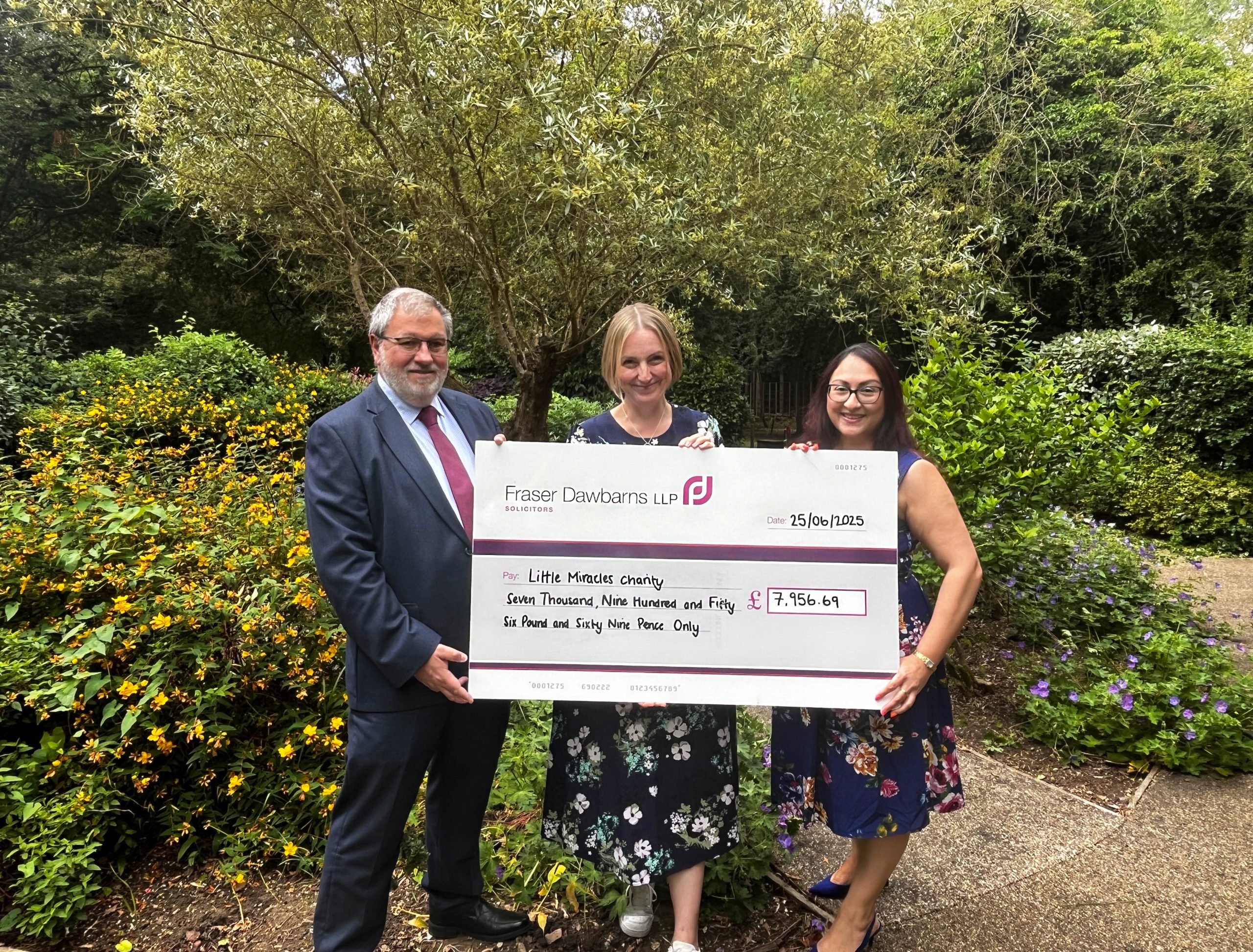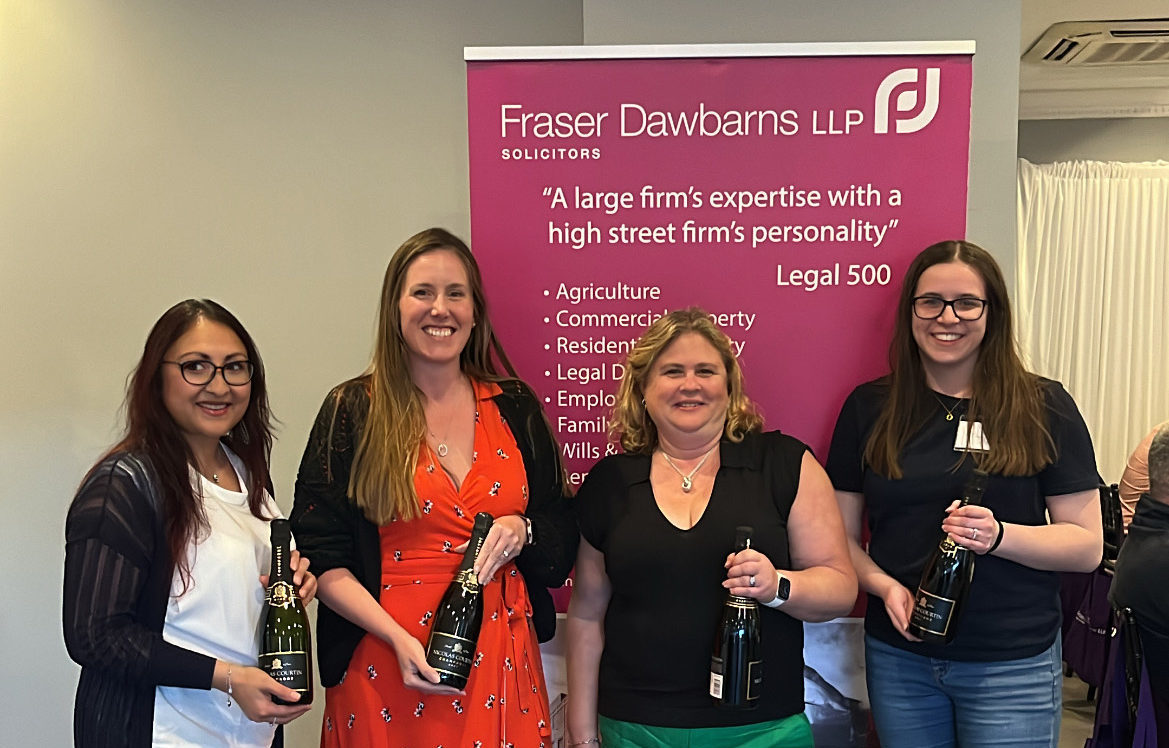Agreements for Strategic Land Development
Eileanora, from Fraser Dawbarns’ Commercial Property Team, considers the choices that landowners have, when it comes to developing their property, in light of the government’s current challenge to generate another 200,000 new homes, by 2020. Option and Promotion Agreements are giving landowners greater freedom.
Discover more about Eileanora Ni-Charthaig
Both landowners and developers are weighing up various strategies and they may consider:
An Option Agreement
This is where a landowner grants a right to a developer to ‘opt’ to buy the landowner’s land within a given period of time. Usually, the developer will apply for planning permission as part of the agreed terms (normally at their own cost and risk). A nominal option fee is normally agreed at the outset, to compensate the landowner for ‘sitting on’ his land, until such time as the developer secures the planning then he can ‘exercise his option’ to buy the land, at which time the landowner is contractually bound to sell it, at a price that is either agreed or reached following the intervention of a third party, usually a land agent with development experience.
The landowner should expect to receive the market value of the property (with the benefit of the planning), after deducting the developer’s planning costs and option fee. Options are generally preferred by developers, as they gain priority rights to buy a piece of land ahead of their competition, and without needing to pay the full price for it, until such time as they secure the planning.
From the landowner’s point of view, the main advantage is that a third party bears all the risks and costs of obtaining the planning permission. The downside is the loss of ‘control over the land’. During the option period, the land is effectively ‘tied up’. Option periods are usually between five and ten years, or perhaps even longer depending on the term negotiated. The landowner during this time loses control of his property, in the sense that he is unable to sell it, or mortgage it, without the consent of the developer.
Promotion Agreements
This is similar to the option agreement, the main difference being that the landowner and the developer work together, to ‘promote’ the land for development purposes. The main advantage to the landowner here is that he retains at least some control, and works with the promote to secure the best possible development potential for the property. The terms of the agreement can dictate how much the landowner may wish to be involved, and take an active role in monitoring, or assisting the promotion process.
The disadvantage to the landowner is that promoters, whilst they normally like promotion agreements as they do not need to purchase the property, will want a ‘fair cut’ of any sale proceeds, when a third party is found to purchase the property, with the benefit of the said planning.
Combination
Very often option agreements and promotion agreements are merged into one document, where, for example, a developer will take an option to develop the part of site, but with a tagged on promotion agreement, to promote the remainder of the site, or an associated site.
A landowner’s agent’s fees will normally be met by the developer or the promoter, although they will eventually be deducted from the sale price. Any fee paid by the developer or promoter at the outset (being an incentive to enter into one of these agreements), will also be deducted also from the sale price (subject to negotiation).
It is very important to agree a minimum price, and a longstop date, in any such agreement so as to afford the landowner a certain element of certainty, and a guarantee of a minimum return, in the event that the planning process works in his favour. It is also important to ensure that any deductible costs are capped if possible, ensuring that such costs do not eat away into the profit to the detriment of the landowner.
The above is not an exhaustive list of ways to deal with such projects. Conditional contracts and building licences are also worth considering.
For more advice on these or any other property related issue, please contact Eileanora on 01354 607925 or email eileanora@fraserdawbarns.com
This article appeared in the December issue of Discovering March magazine which can be found here.
Related Articles
Recommended By The Legal 500 Directory*
*We are recommended for the following practice areas: Corporate and Commercial, Debt Recovery, Employment, Personal Injury: Claimant, Agriculture and Estates, Contentious Trusts and Probate, Family, Personal Tax, Trusts and Probate & Commercial Property.
ServicesContact
















